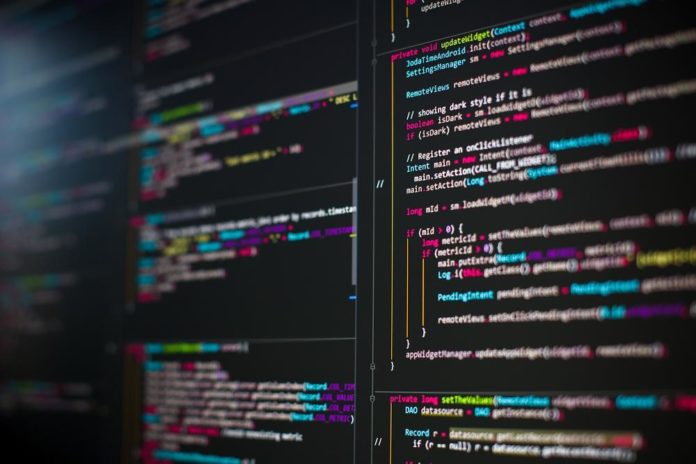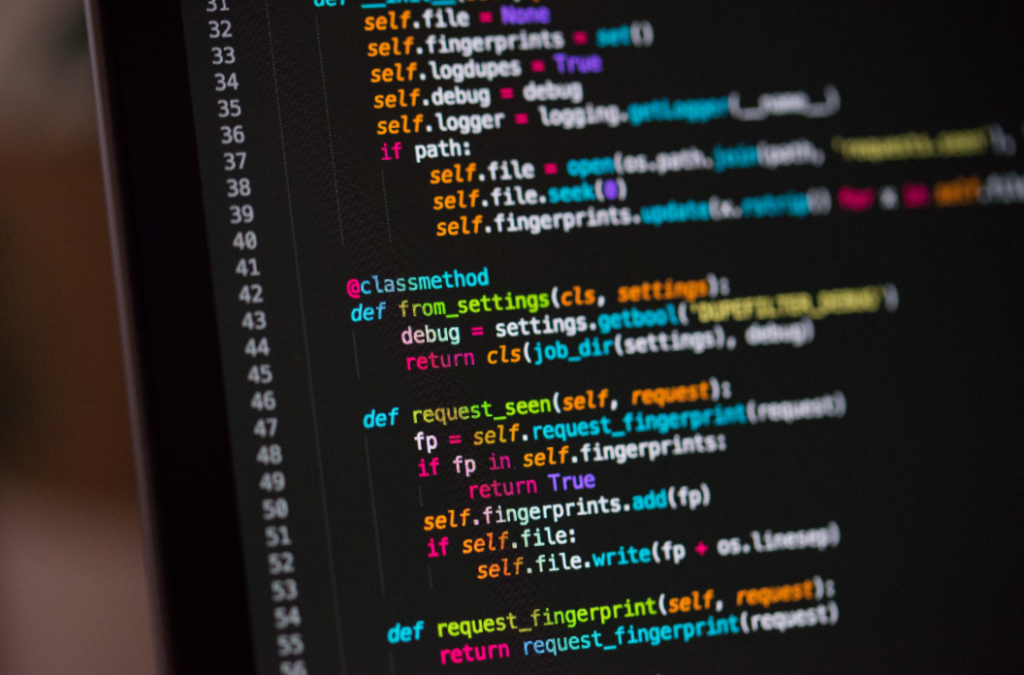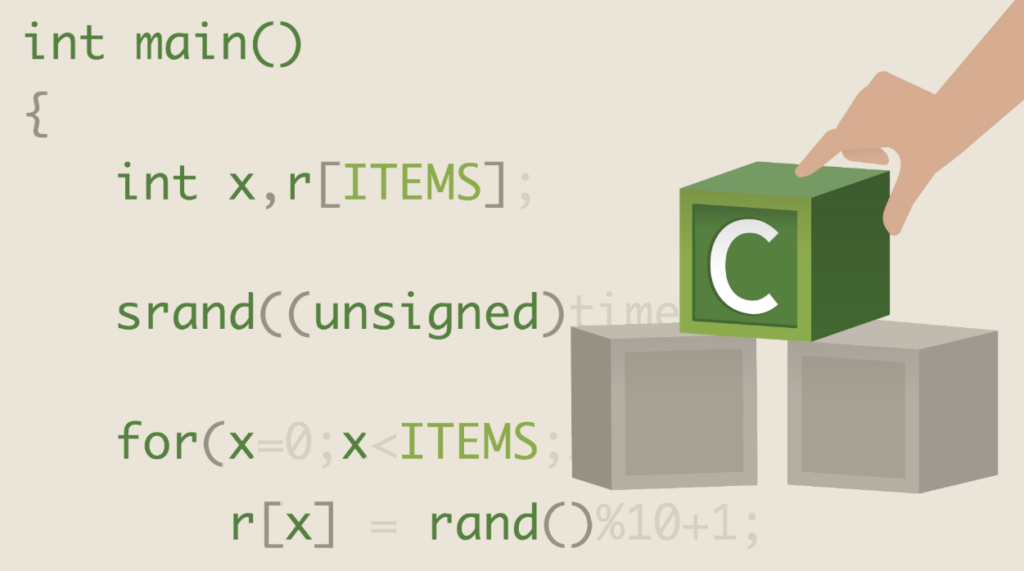
A programmer’s life is like a Caribbean pirate’s life: it is full of romantics, adventures, and dangers. It is exciting and intriguing, but no one will call it easy. Being a professional programmer means not avoiding mistakes. It implies the ability to find the solution quickly. Here we have gathered the top ten life hacks that will help to solve problems in programming. Keep them by hand and enjoy programming help provided by AssignmentCore.com, one of the leading professional assignment services where you can find programming experts for hire.
Table of Contents
1. Remember That You Work with People

No matter where you write code, at the courses, or working, you have to make it clear for yourself and those who will read it. As a rule, the next person who reads your code is you, when you will be searching for a mistake. Why complicate your own life and the mood of other people? Make clear identification. Keep them throughout the whole code. Do not write dozens of lines where only a few are required.
2. Write to Remember Your Code

Try to develop some habits and algorithms for writing and apply them to every new project. Make your text clear from all meaningless signs and names. Never put many commands in one line. In general, do not try to discover the continents again every time. Free some space in your memory for some fresh, urgent, and exciting knowledge.
3. Use the Appropriate Language in Every Situation

Some programmers have a bad habit of fixing the problems of a particular project with a strange programming language or unnatural approach. For instance, many old-school site developers prefer in-line CSS to table one. The problem seems to be solved but in a wrong way. Even if the time is short and a decision you are thinking about is swift, better do everything according to the rules.
4. If You Are Stuck, Switch or Take a Break

Proper rest is essential, as coding is a very energy-consuming process. If you notice that you start losing concentration and commit more mistakes, let your exhausted brain rest. It is more productive to get back to work in a ten-minute break than continue struggling. Fewer mistakes mean less time waster for finding them.
5. Never Underestimate Assistance

A programmer who does not commit mistakes and knows everything will never be born. To err is human, so never be ashamed to ask for help. Call your more experienced colleague, gather a thinktank for brainstorming, or use the Internet. For instance, a forum called Stack Overflow is a place where developers ask questions and get answers. This tip does not imply that you have to ask for help every time. At first, try to solve the problem by yourself.
6. Grow Constantly

The best way to solve the problem is to learn everything about it. Today, the speed of technology development is higher than ever. Remember that many things you were taught in the universities can get outdated very quickly. Luckily, the situation does not concern the basics. Be ready to learn something new, constantly research the fresh technologies. Don’t forget that a new generation never sleeps and studies everything quicker.
7. Use Already Made Solutions Rarely

Programming is a sphere with the biggest number of rediscovered continents. The situation has some advantages. If the task is not too complicated and you know the solution, write your own code. It will give you a better understanding of the processes and more experience.
8. Value Your Work

Do not approach the task like an annoying duty. Your code is your piece of art. Spare a couple of minutes to clean the code. Always check and launch the result of your coding.
9. Speed Is Not Quality

Writing a quick code does not mean solving a problem. The programming consists of many short terms, so the final quality matters more than swiftness. You will never get those extra hours, as you will look for the glitches for the rest of the time.
10. Leave the Working Code Only

Get rid of all code fragments that get old or do not work at the moment. You may think: “I’ll need that code in the future, to add that cool feature.” As a rule, such a code will never be used. It takes programmers’ time and makes the whole composition more complicated and more burdensome.







